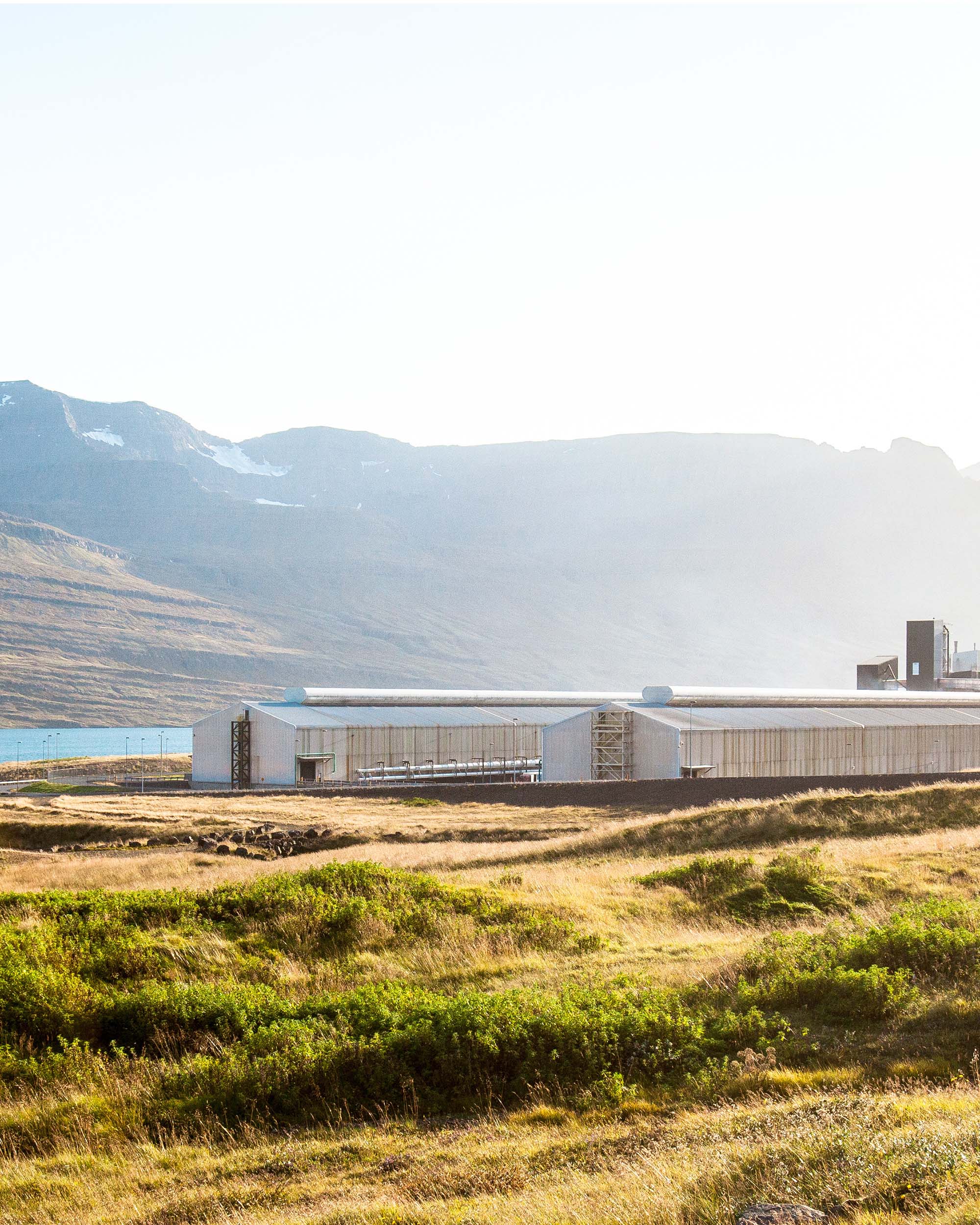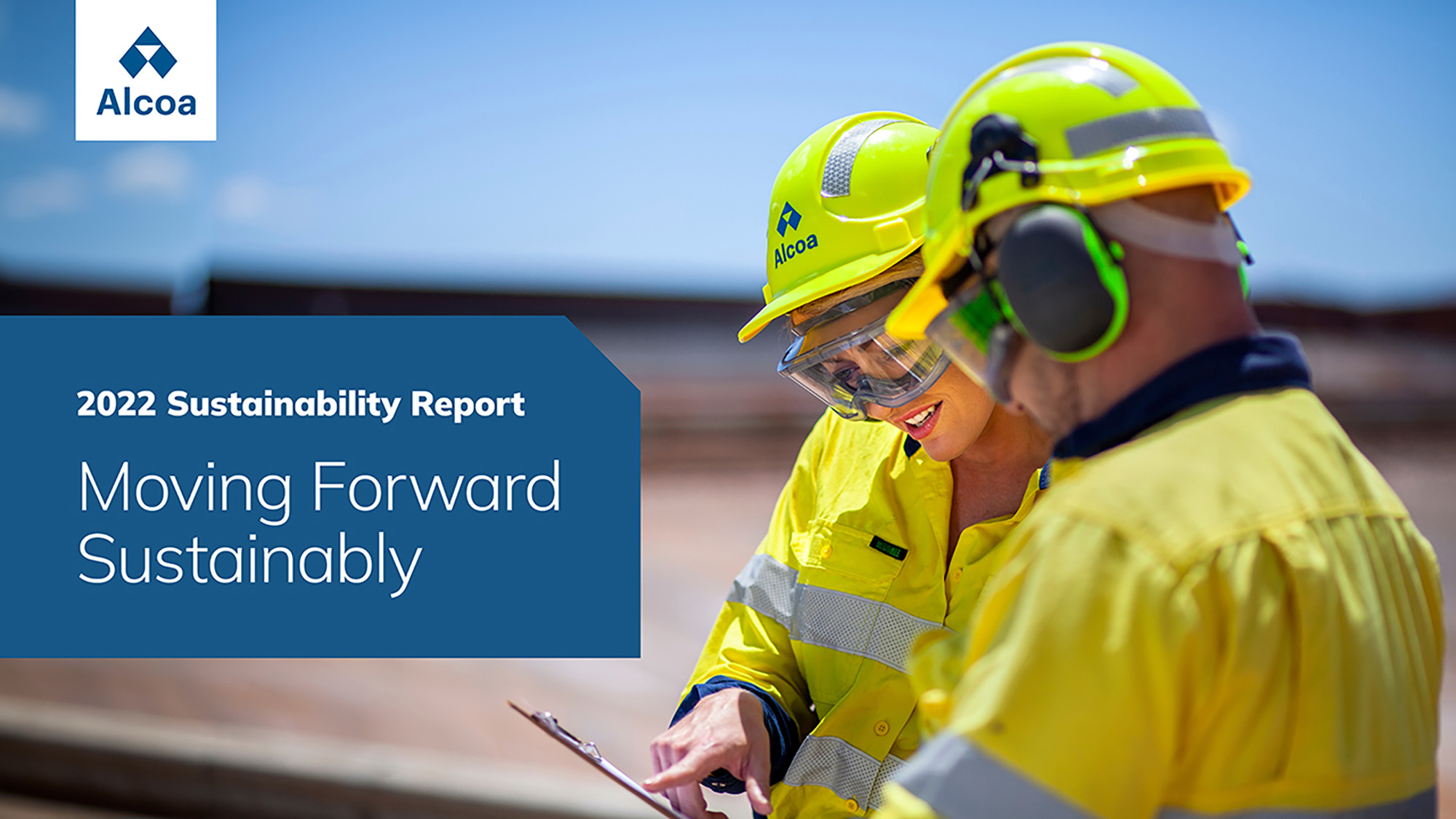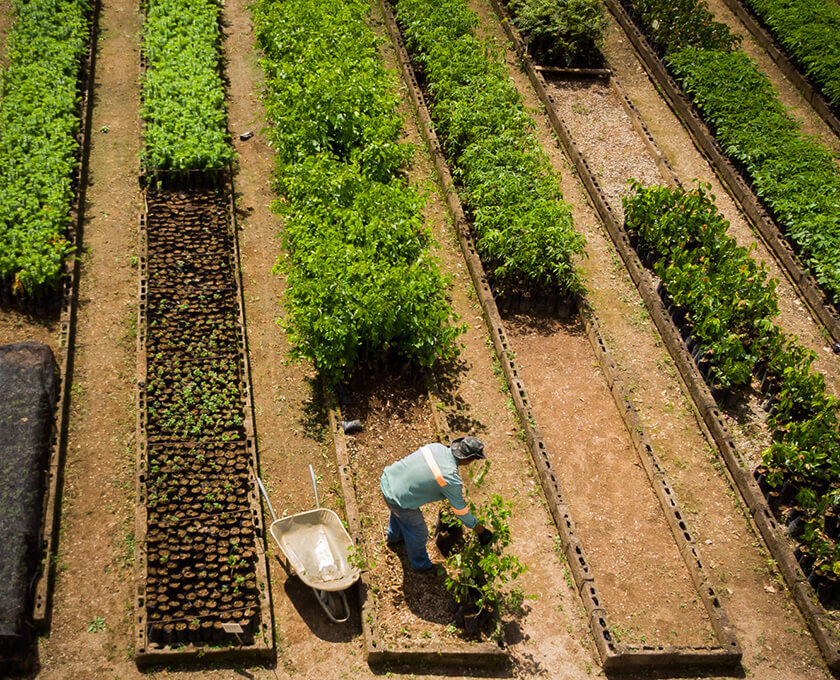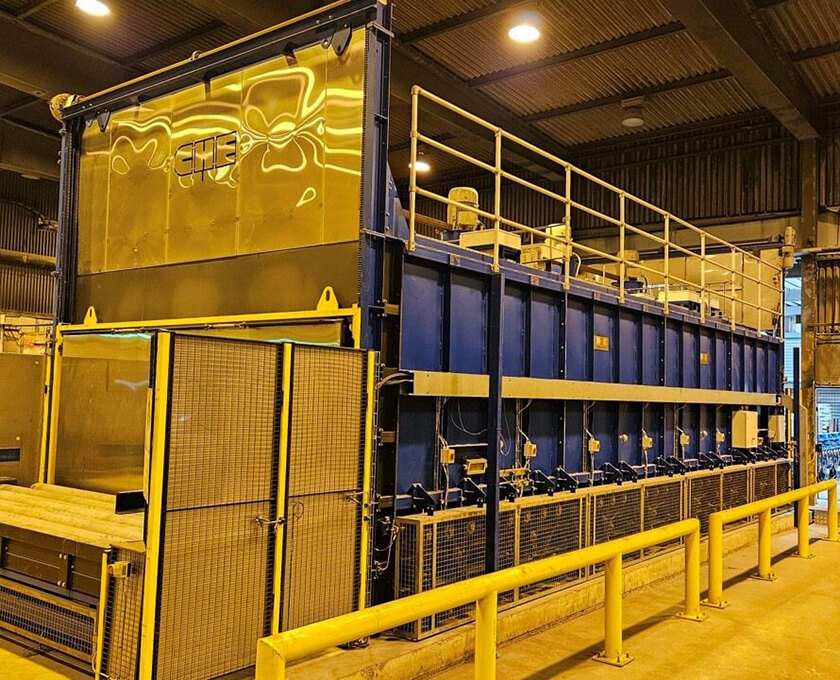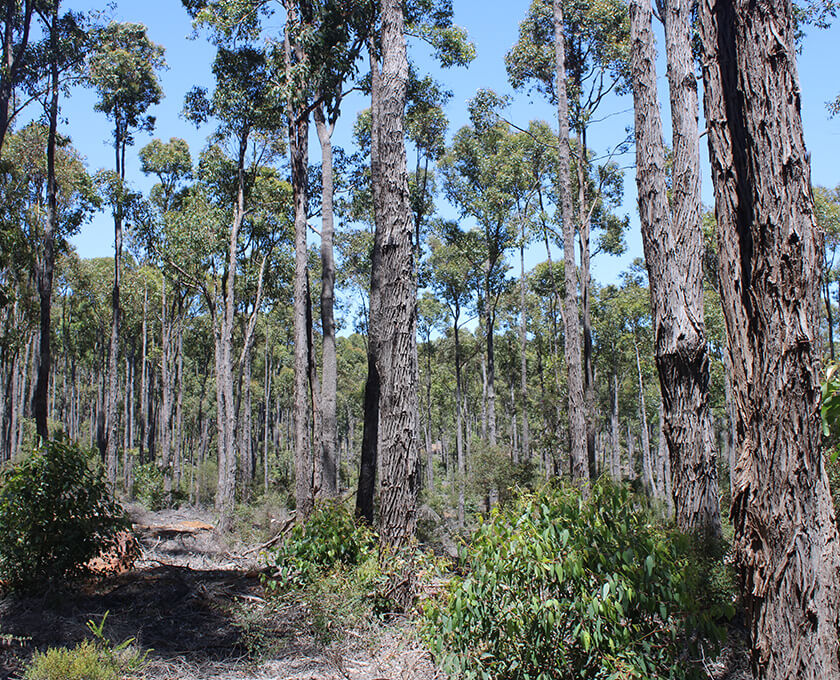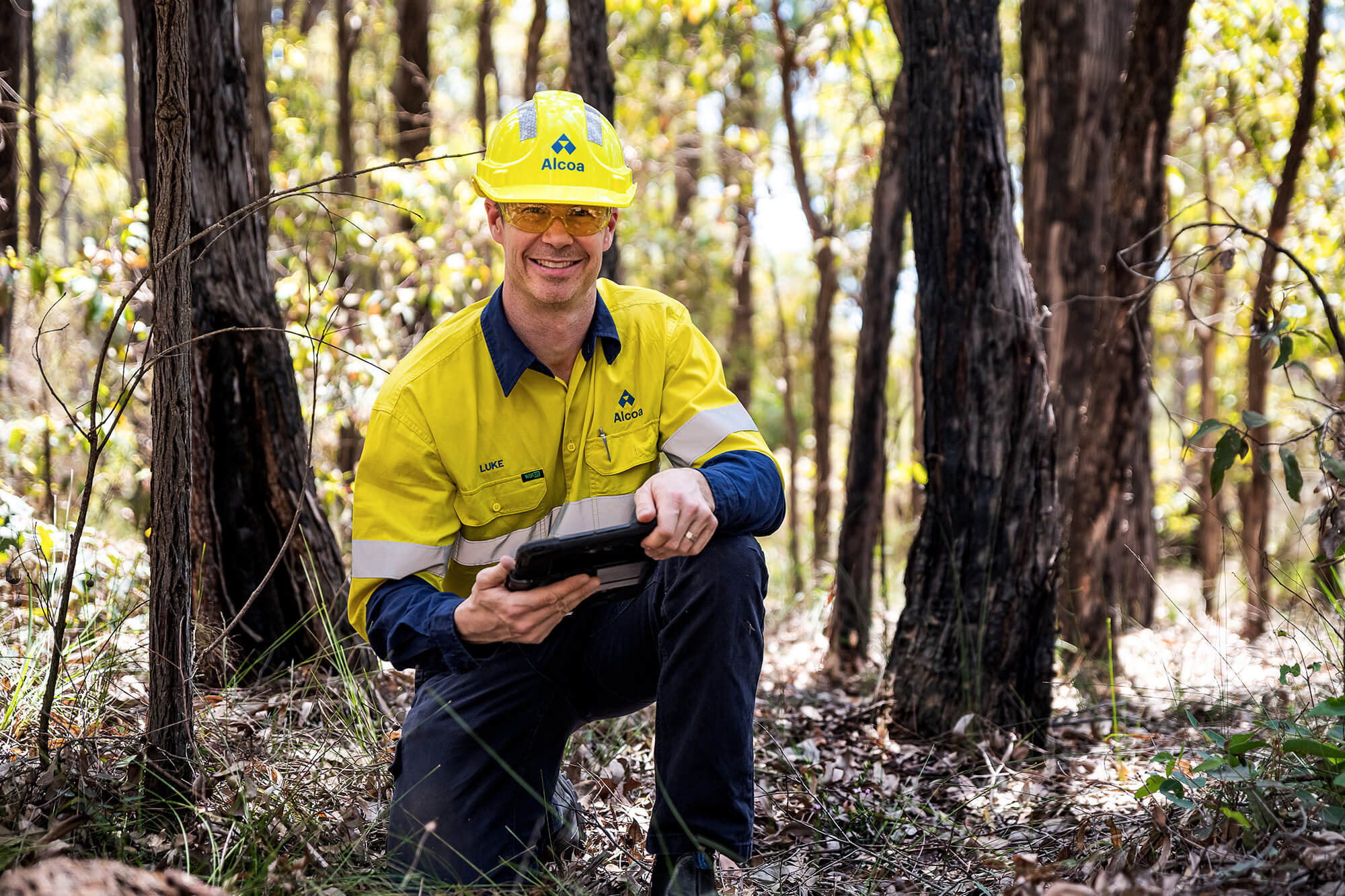As a signatory to the Extractive Industries Transparency Initiative (EITI), Alcoa supports enhancing the transparency of mineral revenues. We believe that engaging with and supporting governments that implement EITI’s principles helps to ensure mining revenues are used appropriately to address a host country’s and host community’s social needs. We will disclose contracts with governments related to minerals development, where they are not subject to a confidentiality undertaking and encourage governments to allow such disclosure. Alcoa believes it is important to be transparent in the countries where we mine bauxite so that communities and other stakeholders have a clear understanding of our economic contributions.
For more information:
We publish an annual Tax Transparency Report in Australia, while in Brazil, Alcoa reports consolidated financial performance publicly, including royalties and tax payments. An overview of taxes and royalties paid by region can be found in our Sustainability Report.
